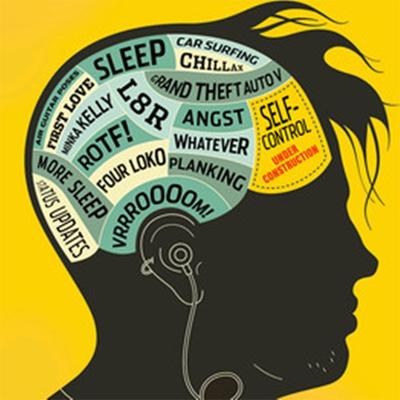The Case for Adolescent Medical Decision-Making

October 15, 2015
Adolescents tend to have a bad reputation in our society and culture. They are viewed as reckless and stubborn by many adults and even some teens. Media portrayal of teenagers reflects this common perception, and many laws regarding adolescents give most of the power to parents. As a result, a conflict has emerged in the area of patient care, where parents are usually given the authority to accept or reject diagnoses and treatment options for their teenage sons and daughters, even though medical guidelines advocate for consent by the patient. However, studies have shown that adolescents are mentally competent and that giving them the ability to make an informed choice is critical to their development. Thus, teenage patients should be allowed to make autonomous medical decisions concerning their medical care.
First of all, adolescents have been shown to be just as mentally competent as adults. Despite the widespread perception that teens cannot evaluate the costs of a particular choice, studies have shown time and again that adolescents are capable of making the same medical decisions as adults. In fact, a literature review by Lita Furby of the Eugene Research Institute and Ruth Beyth-Marom of the Open University of Israel[1] determined that “14-year-olds could not be distinguished from adults on such competency criteria as evidence of choice, reasonable outcome of choice, reasonable decision-making process, and understanding of facts,” especially “in response to… dilemmas about medical and psychological treatment.” If competent adults are given the right to choose their treatment, and if science has proven that adolescents are just as competent in similar medical situations, why shouldn’t adolescents have a say in decisions that could impact their future?
Moreover, giving teenagers the right to make their own choices develops their character and identities. Sheltering teens from important decision-making opportunities such as those that concern their medical care only restricts their development to adulthood. Experience is critical in fostering a sense of responsibility in adolescents. Diana Baumrind[2], a renowned clinical and developmental psychologist, states that, “many forms of risk-seeking behavior during adolescence are developmentally normative and adaptive, and are necessary for developing the positive characteristics of autonomy and social responsibility.” However, when their parents make those choices for them, teens are unprepared when they officially become adults to accept their social responsibilities. Adolescents, even though they may take some risks when making their own decisions, need such decision-making opportunities in order to learn how their decisions affect themselves and others.
So what can be done to give adolescents the right to make autonomous medical decisions? Already, some states have passed legislation allowing patient-physician confidentiality for adolescents in certain scenarios, such as STD testing and abortions. However, the larger problem lies in the widespread perception of teenagers as risk-takers and mentally incompetent. Society as a whole must work to address this stereotype and ensure that adolescents are not deprived of their right to self-determination.
_________________________________________________________________________
[1] Risk Taking in Adolescence: A Decision-Making Perspective LITA FURBY, Eugene Research Institute, RUTH BEYTH-MAROM The Open University of Israel, Academic Press, 1992, pg 1-44
[2] 1983, October 3. Why adolescents take chances-And why they don’t. First Commemorative Address sponsored by the National Institute of Child Health and Human Development on the occasion of Child Health Day




